
The first year of CMS' Independence at Home Demonstration led to both higher quality care and and saved $25 million, an average of $3070 per participating beneficiary.

The first year of CMS' Independence at Home Demonstration led to both higher quality care and and saved $25 million, an average of $3070 per participating beneficiary.

Aledade, founded by Farzard Mostashari, MD, announced on Monday that it had raised $30 million to support its mission of partnering with independent primary care physicians to create accountable care organizations and further fuel the company's growth.

Some hospitals in the United States are marking up costs approximately 10 times the Medicare-allowed costs. This equals a markup of more than 1000% for the same medical services.

The American Journal of Accountable Care recently interviewed Dr Jain about his decision to join CareMore, CareMore's innovative care model, and his perspectives on US healthcare.

The data-fueled healthcare revolution requires us to share data and share risk to ultimately share rewards andachieve Triple Aim goals.

The authors describe a 3-step framework for how accountable care organizations (ACOs) can ensure that patients' needs, values, and preferences are incorporated into ACO governance decisions.

There was a strong connection between the proportion of patients a physician already had enrolled in hospice care and whether or not other patients would enroll in hospice, according to a study published in Health Affairs.

The Center for Health Policy at Brookings and the USC Leonard D. Schaeffer Center for Health Policy and Economics came together for a half-day forum that concentrated on examining and studying the future of the Medicare program. In a 5-part working paper series, healthcare stakeholders examined trends, asked questions, and formulated proposals that would prepare the Medicare program for this incoming class of seniors.

A study of Medicare claims suggests that policies that ask seniors to pay more out of pocket for prescriptions may lead to lower adherence and result in higher healthcare costs.

Just as diabetes care started the movement toward population management, it is leading the way to new payment models, according to speakers who appeared at a symposium to open the 75th Scientific Sessions of the American Diabetes Association.

We assessed challenges and barriers to annual diabetic eye examinations for a managed care Medicaid population and make recommendations to improve population-level screening.

This week CMS released their third round of annual data, the value-based topics of the American Society of Clinical Oncology gained new ground, and The American Journal of Managed Care will travel to their 75th session of the American Diabetes Association in Boston.

This paper illustrates how Medicare Advantage plans and accountable care organizations could benefit from adopting innovative care delivery models, and suggests policy changes to accelerate spread.

The ruling finalizes risk-sharing for participating providers in accountable care organizations.

A study from the RAND corporation, published in JAMA, found clinical decision support tools increased the proportion of tests for Medicare fee-for-service patients rated as appropriate.

This is the third year that CMS has released Medicare payment data, and this year the agency added information on prescription drugs.
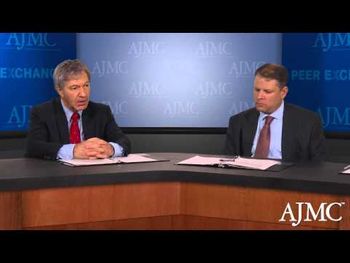
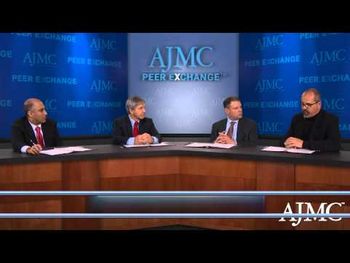
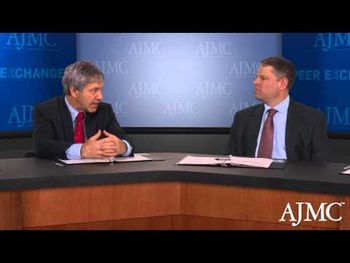
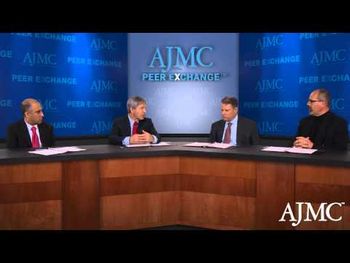
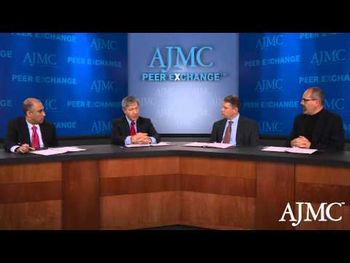
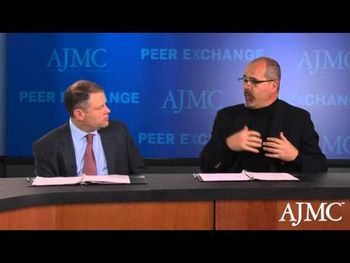
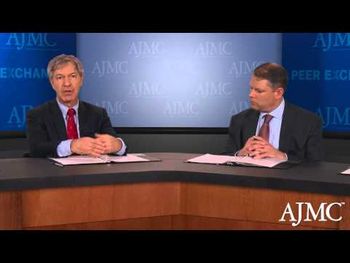
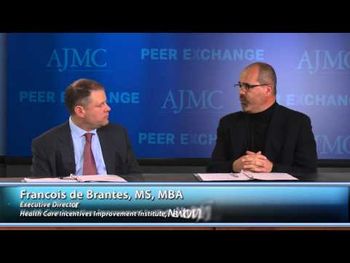
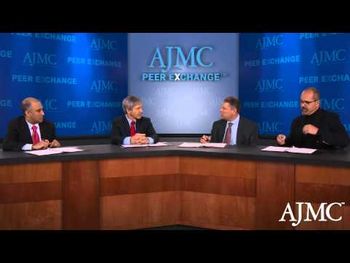

259 Prospect Plains Rd, Bldg H
Cranbury, NJ 08512
© 2025 MJH Life Sciences®
All rights reserved.
